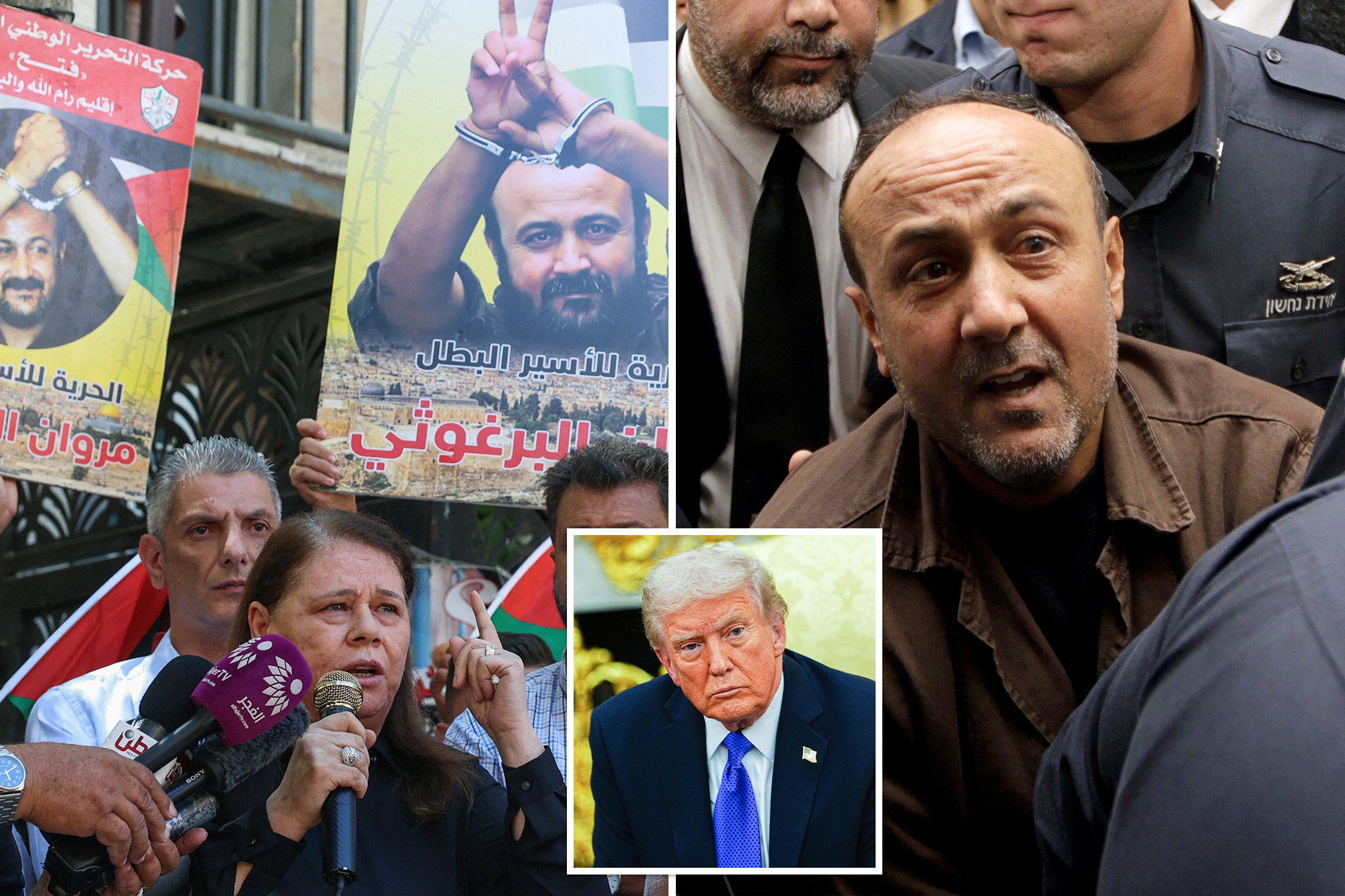The family of Marwan Barghouti, a prominent Palestinian prisoner, is urging President Donald Trump to facilitate his release from an Israeli prison. This plea comes in response to Trump’s recent remarks regarding the need for effective leadership in Gaza following the US-brokered cease-fire with Hamas, which was established on September 29, 2023. Barghouti, who is widely regarded as a key figure among Palestinian leaders, is currently serving multiple life sentences for his involvement in attacks that resulted in the deaths of five individuals.
In a heartfelt letter to Trump, the Barghouti family emphasized their belief that releasing Marwan could pave the way for a more stable and peaceful future. “Mr. President, a true partner awaits you,” they wrote, as reported by the Jerusalem Post. They added, “Someone who can help realize our shared dream of a just and lasting peace in the region. Help free Marwan Barghouti for the freedom of the Palestinian people and peace for future generations.”
Trump’s comments about Barghouti indicate a possible shift in the US approach to the Israeli-Palestinian conflict. In a phone interview with Time Magazine on October 23, 2023, he noted the absence of a visible Palestinian leader and expressed concern over the leadership vacuum. “They don’t have a leader right now,” he stated, referring to the Palestinian territories. “And they don’t really want to, because every one of those leaders has been shot and killed. It’s not a hot job.”
Barghouti’s political career prior to his imprisonment included serving as a member of the Palestinian Parliament and leading a faction of the Fatah political party during the Second Intifada. While Israel regards him as a terrorist, many Palestinians view him as a unifying figure. His advocacy for a two-state solution positions him as a potential successor to Mahmoud Abbas, the current president of the Palestinian National Authority.
The prospect of Barghouti’s release is contentious. Although Trump has hinted at advocating for his freedom, the Israeli government has consistently rejected calls for his release, viewing him as a significant threat to security. Yet, Barghouti’s brother, Moqbel, contended, “No one can unite Palestinians like him,” highlighting the belief that his leadership could be pivotal in achieving peace.
As the situation develops, the implications of Barghouti’s potential release extend beyond individual circumstances, touching on broader issues of Israeli-Palestinian relations and the quest for lasting peace in the region. The call from his family adds a personal dimension to the political discourse, underscoring the human impact of leadership decisions in this long-standing conflict.






































































